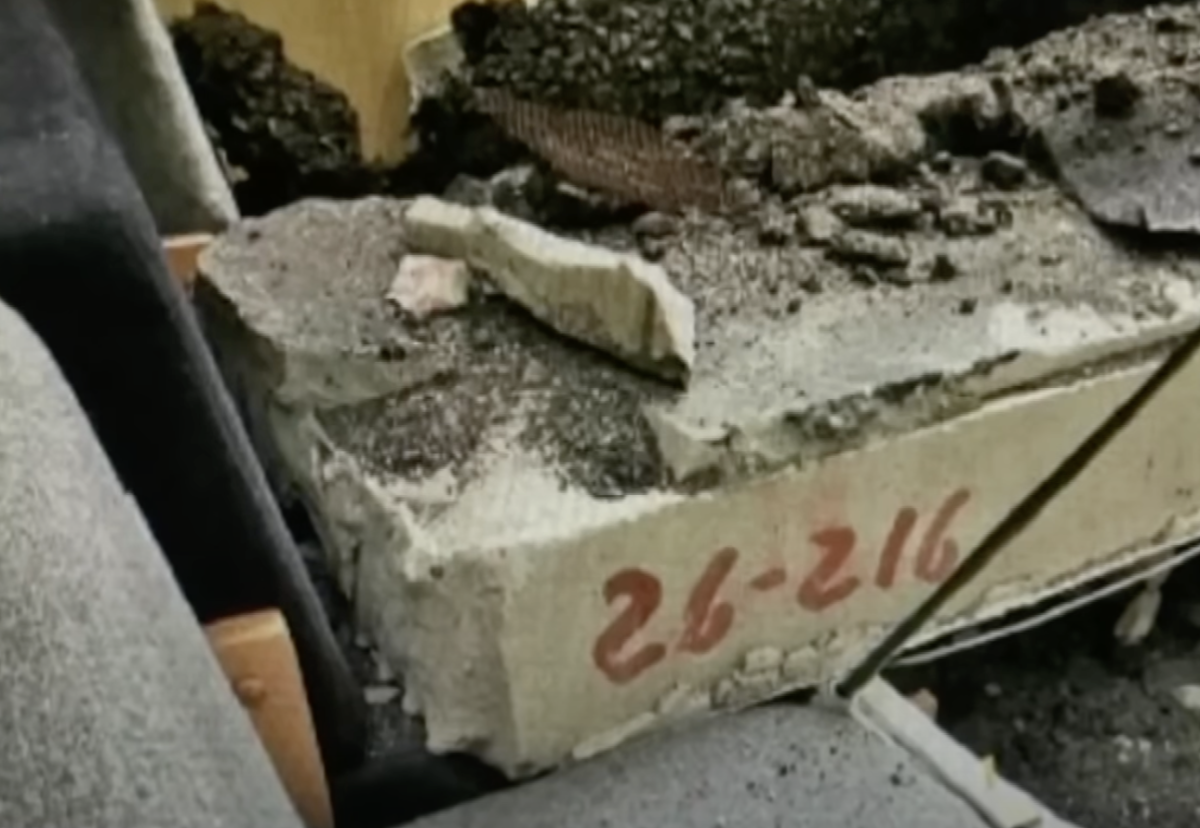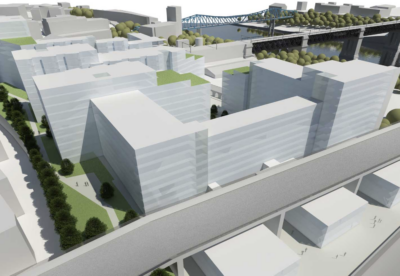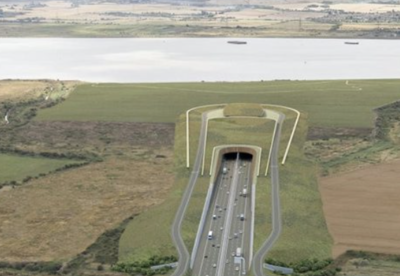The Department for Education this week dramatically widened the scope of closures due to the use of Reinforced Autoclaved Aerated Concrete during construction.
In guidance issued just days before the new school year, education chiefs have said that all areas and buildings with RAAC must close regardless of earlier risk ratings.
The fresh guidance to teachers states: “We have been proactively monitoring all confirmed cases of RAAC closely.
“Recent cases have led to a loss of confidence in buildings containing the material, leading us to advise education settings (schools, colleges and maintained nursery schools) to vacate all spaces or buildings that are known to contain RAAC, unless they already have mitigations in place to make the building safe.”
Previously 50 schools had been identified as needing mitigations in place this year, including additional funding for temporary accommodation.
Education chiefs confirmed today they have contacted a further 104 schools and colleges where RAAC is currently present to ask them to vacate spaces or buildings that are known to contain RAAC.
Up to 20 schools may have to close altogether as the dodgy life-expired lightweight concrete material is used for most of their school buildings.
Hundreds of schools across the country were built with reinforced autoclaved aerated concrete between the 1960s and 1990s, with the buildings having a life span of around 30 years.
Education Secretary, Gillian Keegan, said: “Nothing is more important than making sure children and staff are safe in schools and colleges, which is why we are acting on new evidence about RAAC now, ahead of the start of term.
“We must take a cautious approach because that is the right thing to do for both pupils and staff.
“The plan we have set out will minimise the impact on pupil learning and provide schools with the right funding and support they need to put mitigations in place to deal with RAAC.”
The Government said it would provide funding for essential immediate works needed to remove any immediate risk and, where necessary, to support the provision of temporary buildings for schools and colleges affected.
The DfE also pledged to work closely with responsible bodies to manage RAAC in the long-term, supported by capital funding provided to the sectors each year, and through the school rebuilding programme.





































.gif)




















